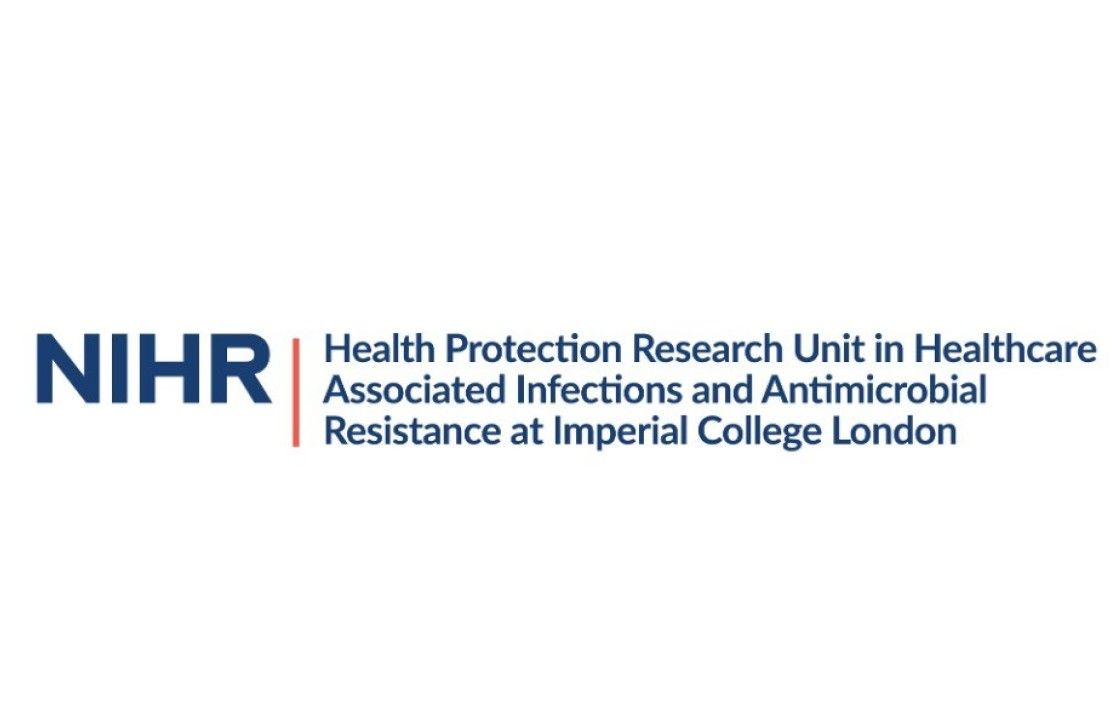BibTex format
@article{Abdulaal:2020:10.2196/20259,
author = {Abdulaal, A and Patel, A and Charani, E and Denny, S and Mughal, N and Moore, L},
doi = {10.2196/20259},
journal = {Journal of Medical Internet Research},
pages = {1--10},
title = {Prognostic modelling of COVID-19 using artificial intelligence in a UK population},
url = {http://dx.doi.org/10.2196/20259},
volume = {22},
year = {2020}
}
RIS format (EndNote, RefMan)
TY - JOUR
AB - Background:The current severe acute respiratory syndrome-coronavirus disease (SARS-CoV-2) outbreak is a public health emergency which has had a significant case-fatality in the United Kingdom (UK). Whilst there appear to be several early predictors of outcome, there are no currently validated prognostic models or scoring systems applicable specifically to SARS-CoV-2 positive patients.Objective:To create a point-of-admission, mortality-risk scoring system utilising an artificial neural network (ANN).Methods:We present an ANN which can provide a patient-specific, point-of-admission mortality risk prediction to inform clinical management decisions at the earliest opportunity. The ANN analyses a set of patient features including demographics, comorbidities, smoking history and presenting symptoms and predicts patient-specific mortality risk during the current hospital admission. The model was trained and validated on data extracted from 398 patients admitted to hospital with a positive real-time reverse transcriptase polymerase chain reaction (rt-PCR) test for SARS-CoV-2.Results:Patient-specific mortality was predicted with 86.25% accuracy, with a sensitivity of 87.50% (95% CI: 61.65% to 98.45%) and specificity of 85.94% (95% CI: 74.98% to 93.36%). The positive predictive value was 60.87% (95% CI: 45.23% to 74.56%), and the negative predictive value was 96.49% (95% CI: 88.23% to 99.02%). The (AUROC) was 90.12%.Conclusions:This analysis demonstrates an adaptive ANN trained on data at a single site, which demonstrates the early utility of deep learning approaches in a rapidly evolving pandemic with no established or validated prognostic scoring systems.
AU - Abdulaal,A
AU - Patel,A
AU - Charani,E
AU - Denny,S
AU - Mughal,N
AU - Moore,L
DO - 10.2196/20259
EP - 10
PY - 2020///
SN - 1438-8871
SP - 1
TI - Prognostic modelling of COVID-19 using artificial intelligence in a UK population
T2 - Journal of Medical Internet Research
UR - http://dx.doi.org/10.2196/20259
UR - https://www.jmir.org/2020/8/e20259/
UR - http://hdl.handle.net/10044/1/81053
VL - 22
ER -

